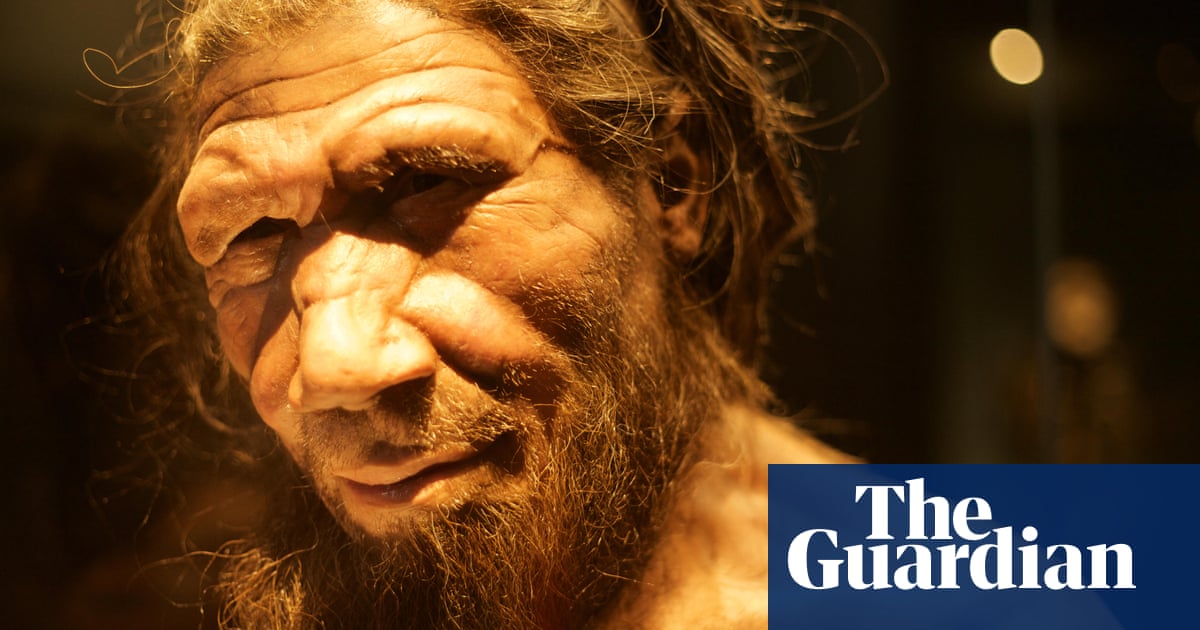Buried in a partial foetal position and surrounded by flower pollen, the discovery of Shanidar 4 – a Neanderthal skeleton unearthed in 1960 – prompted a dramatic reappraisal of our ancient cousins.
However, recent excavations next to where Solecki discovered the Shanidar 4 remains are prompting a rethink of this hypothesis.
Bees may be source of pollen near remains but evidence still suggests bodies were buried with care.



This is the best summary I could come up with:
Buried in a partial foetal position and surrounded by flower pollen, the discovery of Shanidar 4 – a Neanderthal skeleton unearthed in 1960 – prompted a dramatic reappraisal of our ancient cousins.
However, during the late 1950s and early 60s, an archaeologist called Ralph Solecki discovered the skeletons of 10 Neanderthal men, women and children at Shanidar cave in the Zagros mountains of Iraqi Kurdistan.
Though it’s plausible they could have been gathered for medicinal reasons, their choice as funeral flowers would be hard to square with modern notions of empathy, he said.
Taken together, he believes the findings imply the transmission of traditions over generations, and that Neanderthals may have lived in a world where stories and symbolic ideas guided their actions.
Dr Rebecca Wragg Sykes, an honorary fellow at the University of Liverpool and author of Kindred: Neanderthal Life, Love, Death and Art, agreed that the argument for burrowing bees being responsible for some of the clumped pollen was “convincing”.
However, the discovery of pollen and woody material in association with Shanidar Z “leaves open the possibility that we may be looking at some kind of intentional inclusion of plants with the remains of the dead,” she said.
The original article contains 916 words, the summary contains 200 words. Saved 78%. I’m a bot and I’m open source!
I appreciate this bot in general, but I think in this case it’s hard to make sense of the summary, better to read the original article